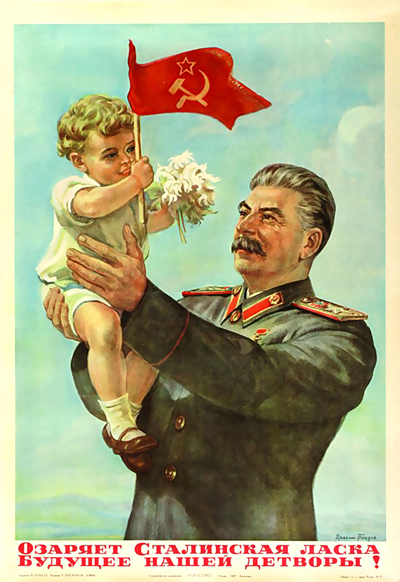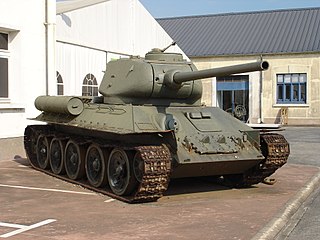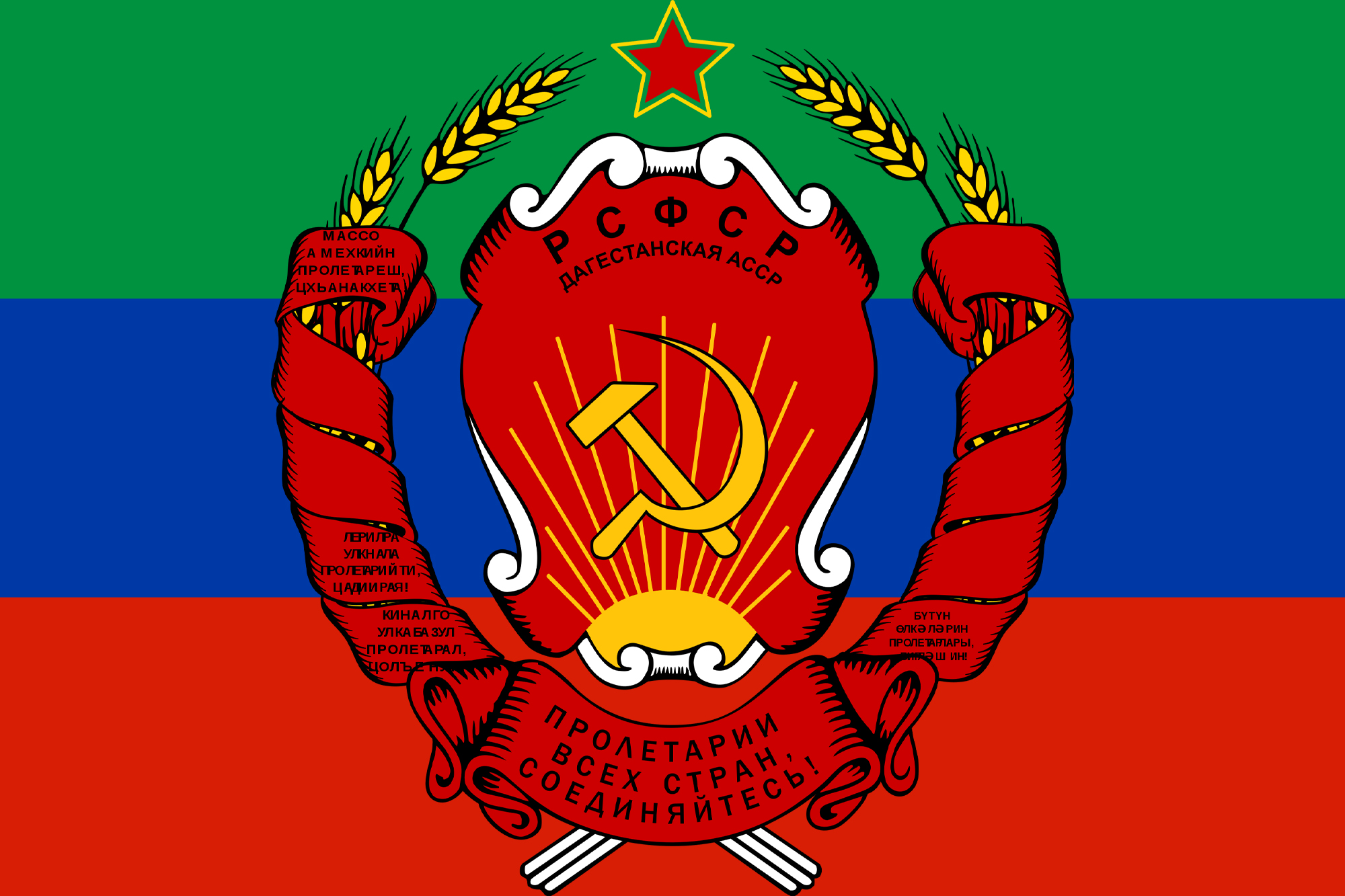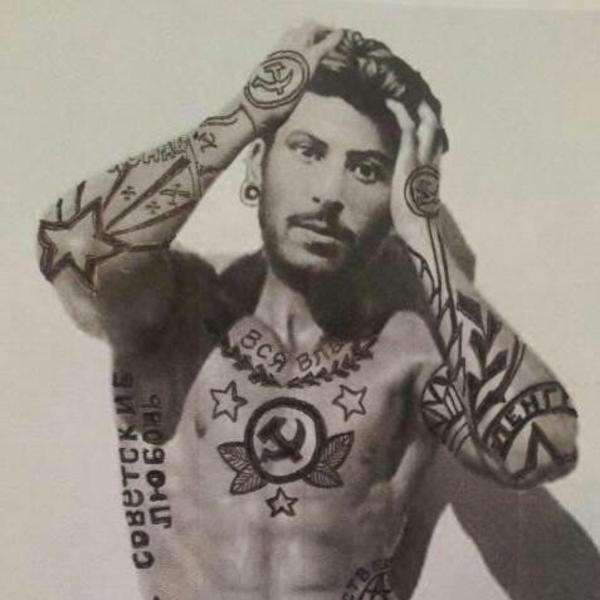Simple question, hopefully.
If rent is all/most of their income then yes.
If they have a real job as a worker and just rent a spare room for very little, maybe not.
deleted by creator
Not necessarily. Just like having employees doesn’t make you a bourgeois. There are a lot of petty-bourgeois with employees and their own shop, just like petty-bourgeois landlords with their own land.
Landlord is a very old term, and has acquired different meanings through time, and it goes as far as feudalism, and in that case it’s totally different relations of production, because the landlord in feudalism also exploits the products of labor. I assume this is the feudal landlord class Mao fought against, not the petty-bourgeois landlords of today.
Many landlords, like those who didn’t have much capital to begin with and have acquired property using loans and such, are pretty much at the mercy of finance capital too.
Yes, and again, even Mao had to negotiate with them and use them as allies at times and make concessions.
I’m not saying that landlordism is just an average job and I would prefer that it not exist, but we have to think tactically and realistically.
Not through memes about “How many landlords Mao killed” or some shit. If anything, Mao and the CPC (and this can be further corroborate by such figures as Deng Xiaoping and Liu Shaoqi) often had to make compromises with them like any revolution negotiating with petit-bourgeois forces would.
And lest we forget: as Felipe Forte just said, this was the feudal landlord class, not necessarily the petit-bourgeois landlords we have now.
So, in reality, if a revolution in the United States or Brazil or wherever we live is going to succeed, we’ll have to make concessions along the way and even make strategic alliances like Mao Zedong’s revolutionary forces, especially since we’re not talking about something as, in my honest opinion, bad as a feudal landlord class.
But I’m rambling and to answer the OP’s question once again: no, landlords are not part of the bourgeoisie and some, if I may say so (though I’m still a novice into Marxism and am only now reaching for third year of it), may not even be petit-bourgeois.
Take that for what you all will.
deleted by creator
Good point.
I’d also like to add on that what they meant by “landlords” in China was basically akin to feudal land owners, not today’s more common concept of a landlord being somebody renting out property. As a result, their renters were treated essentially as “subordinates” and practically at the whim of the landlord who could kill them, beat them, enslave their children, and sexually abuse female relatives.
Turkey had a similar situation for a good part of the 20th century before the practice diminished, in the form of an “aga” who was essentially the owner of the village. The village would have it’s own elected government official in charge like any other municipality but the aga owned the farmland, the streets, the houses, even the villagers(who relied entirely on the aga for their money and homes and in many cases even had their travel restricted. There are stories of villagers who weren’t even allowed to marry without the aga’s permission).
These days in capitalist societies, that sort of control is mostly split and limited between property renting landlords and business executives who control parts of your life(in regards to relying on being employed with the company to receive access to health insurance). So the landlords who were killed were killed because they were generally terrible people who abused and humiliated people because they “owned” them(albeit not like a serf in bondage).
Just like having employees doesn’t make you a bourgeois.
Isn’t that what bourgeois means though? Business owners that have the means of production?
Isn’t that what bourgeois means though? Business owners that have the means of production?
In a nutshell, yes. But in the case of a petty-bourgeois with a small shop and a few employees, they don’t have the economical or political power to constitute the bourgeois class.
Consider it like a spectrum, if you have the means of production in a small scale, you’re a petty-bourgeois, if your business grows to a certain point, you become a part of the bourgeois class, but this “certain point” is not clearly defined, and would require an in-depth analysis of a particular case.
The McDonald’s brothers, at the time when they took out a loan through the Bank of America to finance their hamburger venture, they were two petty-bourgeois brothers finding a way to earn money. When decades later, as a result of that venture, the current owners of the largest international fast-food chain McDonald’s have enough capital to lobby politicians to approve their wars for profit, these owners perhaps constitute the bourgeoisie.
I’m still not sure about the accuracy of my understanding of the petty-bourgeoisie, but feel free to study Marxism and correct me, I’d appreciate it haha
The petty bourgeoisie is a part of the bourgeosie, though it has some specific characteristics which are different from the grand bourgeosie.
The petty bourgeoisie is a part of the bourgeosie
It’s the first time I’ve seen the petty-bourgeoisie being mentioned as part of the bourgeoisie. Where did you get that from?
I thought its obvious because of the name, and because they own the means of production, which is the definition of bourgeosie. So they clearly cant be proletarians.
Thats how it makes sense to me based on everything I learned. But I cant think of any specific writings on this, so I’m interested if there are any texts which discuss it.
I thought its obvious because of the name, and because they own the means of production
The petty-bourgeoisie doesn’t necessarily own any means of production. Both Karl Marx and Vladimir Lenin were petty-bourgeois, for instance. The petty-bourgeoisie is in good part what is vulgarly known as “middle class”
Marx and Lenin lived a long time ago, and I dont know much about their class relations. What do you consider the main examples of petty bourgeosie today? For me in western Europe, some would be owners of small shops restaurants, independent drivers (taxis or trucks) or self-employed IT professionals. But I’m sure the situation is different in Brazil.
And “middle class” is really a term that is used to confuse people about class, here is a good video about that.
“For me in western Europe, some would be owners of small shops restaurants, independent drivers (taxis or trucks) or self-employed IT professionals”
Yes, those are good examples of petty-bourgeoisie. In Brazil, petty-bourgeois can be specialized labor (doctors, engineers, lawyers), small shop owners, academic professors, but since petty-bourgeoisie doesn’t have a clear definition, this can also include politicians and some military ranks.
And “middle class” is really a term that is used to confuse people about class
Yes, I used it just to illustrate my point better, and I agree that “lower class, middle class and upper class” are very mystifying terms and they conceal the truth about social classes.
So all of them have control over their own means of production, right? Which means they are bourgeosie?
I think they count as petit-bourgeois and even Mao had to negotiate with the lower strata of them at times.
Food for thought, I suppose.
I think they count as petit-bourgeois
It depends, they are petit-bourgeosie if they cant live from the rent alone and also have to work.
and even Mao had to negotiate with the lower strata of them at times.
Mao also negotiated with capitalists and many others, it doesnt determine the class character.
I know.








